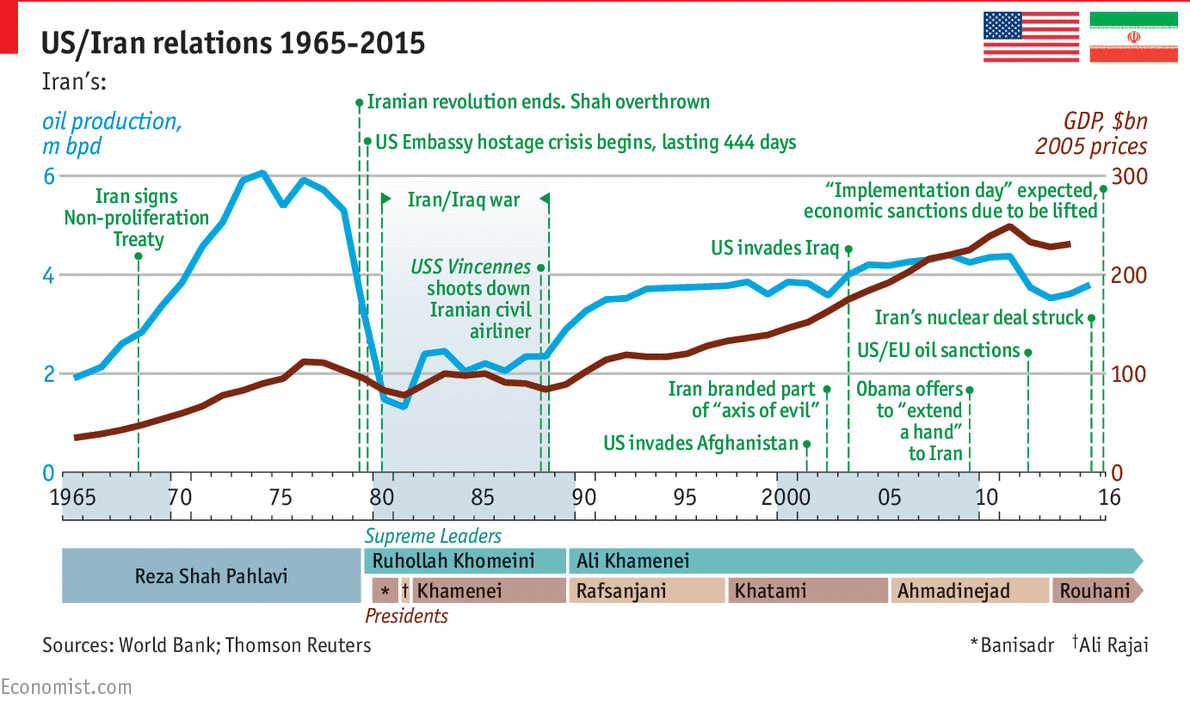Critical Negotiations on Iranian Nuclear Issue Resume
Negotiations over the Iranian nuclear issue saw a fresh round as representatives from Iran sat down with their German, British, and French counterparts on Friday. This marked a significant diplomatic move following the sanctions set out within the 2015 accord. The backdrop of these discussions was Istanbul, making it the first interaction since the military onslaught led by Israel targeting Iran in mid-June. This incident precipitated a 12-day conflict period and led to assaults on major military and nuclear installations in Iran.
The representatives of the European nations were spotted making their exit from the premises of the Iranian consulate around 2:00 pm local time following a meeting that lasted for several hours. Israel’s June offensive resulted in significant casualties, not only claiming the lives of leading military figures and nuclear scientists, but also confirming the presence of residential casualties. Consequently, this situation created a substantial rift in the ongoing nuclear negotiations between the U.S and Iran that had kicked off in April.
The aftermath of these events saw the European group of Germany, Britain, and France, also known as E3, pondering over the activation of the ‘snapback mechanism’. This mechanism, under the decaying 2015 nuclear agreement, could reinstate UN sanctions on Iran by the end of the current August. The deadline for such activation ends in October, with Tehran cautioning about the repercussions if E3 resorts to it.
According to one European source, the E3 group cannot afford to be passive in its approach. The source emphasized the urgency of the situation, indicating that Tehran was to be reminded during the meeting about the closing window for snapback activation. The same source also hinted that the Europeans were preparing to push forward with the mechanism barring a diplomatic resolution, and urged Iran to provide ‘clear gestures’ towards cooperative resumption with the UN nuclear agency, particularly on uranium enrichment.
Kazem Gharibabadi, the Deputy Foreign Minister of Iran, expressed stern disagreement over the potential triggering of the sanctions earlier this week calling it entirely ‘illegal’. He also charged the European representatives of falling back on their obligations to the agreement post the United States’ unilateral withdrawal from it in 2018. Iranian diplomats have previously alerted that should UN sanctions take effect, Iran might respond by withdrawing from the international nuclear non-proliferation treaty.
The re-application of sanctions could isolate Iran further on the global stage while exerting more stress on its already struggling economy. The Israel-led attack on Iran, which occurred on June 13, coincided perfectly with the planned sixth meeting between Tehran and Washington regarding nuclear negotiations that was slated to take place two days later. Subsequently, on June 22, the United States joined Israel’s offensive, leading strikes on Iranian nuclear facilities situated in Fordo, Isfahan, and Natanz.
Before the outbreak of the war, there was an issue dividing Washington and Tehran, which revolved around uranium enrichment. Iran maintained it was an indisputable right, while the United States drew a ‘red line’. Furthermore, findings from the International Atomic Energy Agency reveal Iran enriching uranium to 60 percent purity, commensurately higher than the 3.67 percent restriction under the 2015 agreement and dangerously approaching weapon-grade levels.
Although Tehran indicated a willingness to discuss the level and pace of the enrichment process, it firmly refused to debate whether it should carry out enrichment in the first place. Following the U.S. stepping back from the nuclear agreement a year later, Iran started withdrawing from the obligations imposed that traded nuclear activity restrictions for sanctions relief.
Despite all the push and pull, Iran remains firm on its stand of continuing the nuclear program. Its stance remains immovable, emphasizing the need for ongoing uranium enrichment. Iran has further promised severe retaliatory measures if there is any repetition of the attacks.

